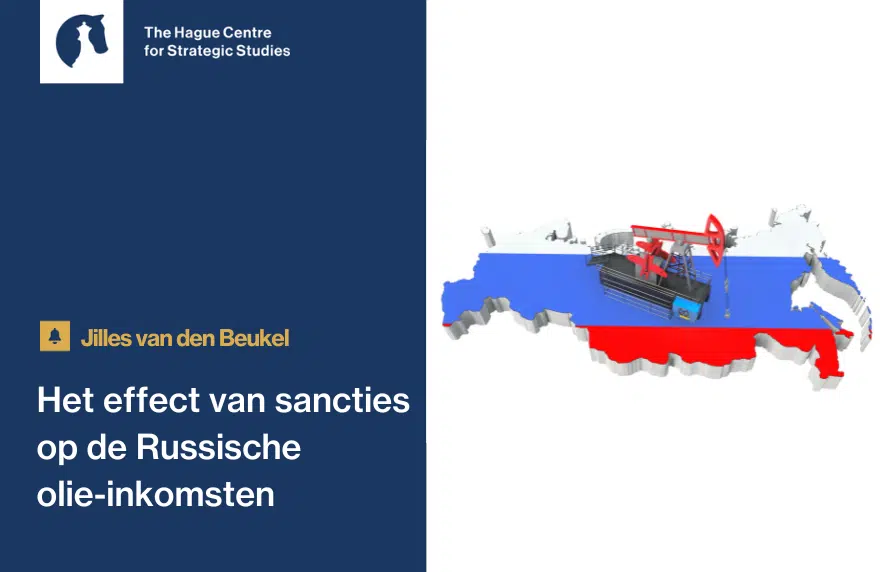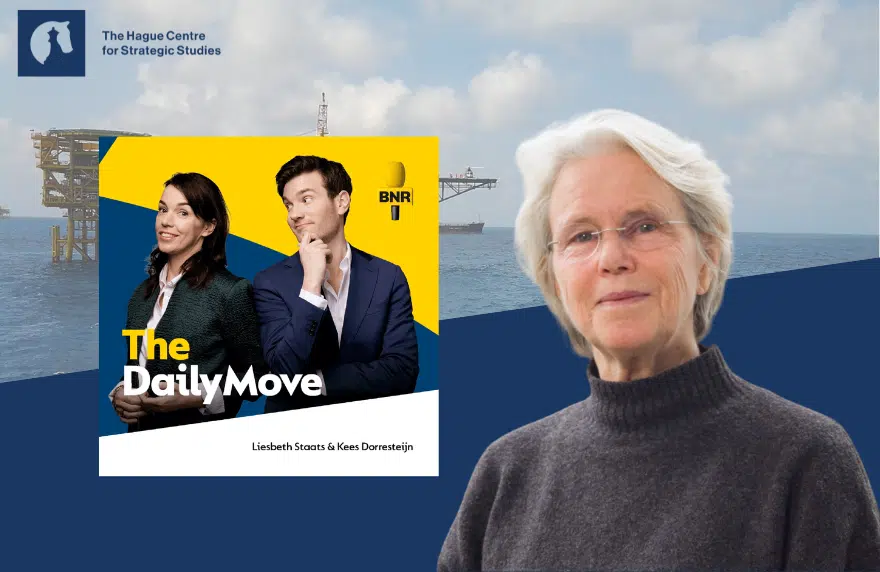De gebeurtenissen in Oekraïne hebben Europa ertoe gedwongen de relatie met Rusland te heroverwegen. Energie is hierbij het belangrijkste dossier. Europa wil minder afhankelijk worden van Rusland. De vraag is echter hoe.
Het Financiële Dagblad interviewde enkele experts, waaronder Sijbren de Jong, over hoe energie diversificatie het best gestalte kan krijgen.
Het gehele artikel is hier terug te lezen.



